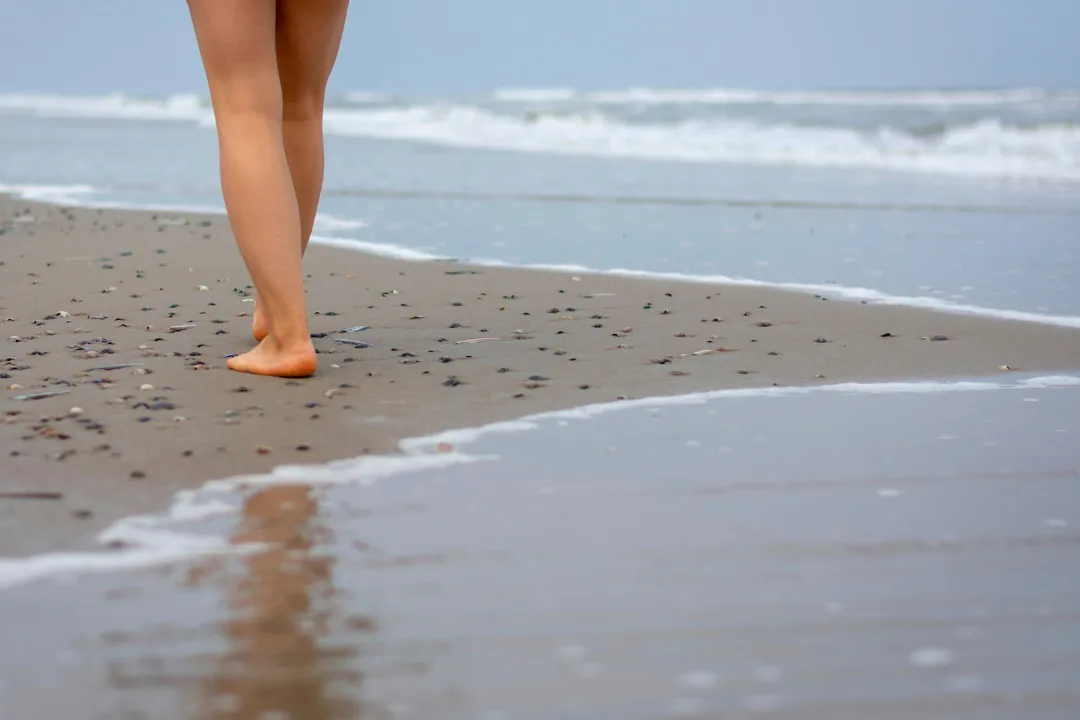



Varicose veins occur when the valves in the veins do not function properly, preventing blood from being pumped back to the heart to be sufficiently oxygenated. When circulation is limited, eczema can develop and cause itching around the varicose vein. This itching is a type of skin condition known as stasis dermatitis, which often affects people on the lower legs and ankles. To understand how itchy varicose veins occur, it is important to understand why varicose veins form in the first place.
There are veins in the body that transport blood back to the heart for oxygenation. The veins contain venous valves that regulate blood flow and prevent it from flowing downward instead of upward as they age. The valves wear out over time and become faulty. Age, genetics, obesity, pregnancy, and other factors affect the function of the valves. If the venous valves function poorly, some of the blood meant to pass through them will instead flow back towards them and accumulate underneath them in these blood pools. The pressure builds up in these blood pools; this is what causes varicose veins to develop.
Varicose veins, which are hereditary, affect up to 30 percent of the population at some point. The following are some of the most common symptoms of varicose veins:
Varicose veins develop gradually and if not treated, they worsen over time and cause more serious symptoms, such as:
There are many different causes of itchy varicose veins. Fluid retention and skin irritation are common. Blood seeps out of the veins and into the skin due to the high pressure on them. Stasis dermatitis is a condition where varicose veins itch and eczema can develop.
Stasis dermatitis is a chronic condition where the skin on the lower leg becomes inflamed, sore, itchy, and irritated. Stasis dermatitis is usually caused by underlying problems that affect blood circulation in the legs. That is, if a person has varicose veins, other issues such as chronic venous insufficiency, more severe varicose veins, or phlebitis could be the cause of the itch.
Poor circulation can worsen varicose veins in people who previously had itchy varicose veins. The following are some risk factors:
When varicose veins are not treated, they can continue to grow and worsen due to their natural tendency. The condition worsens as existing itching is exacerbated by itchy, inflamed skin around the varicose veins, as well as possible eczema. Treatment of the varicose veins is usually necessary to alleviate the symptoms.
A preliminary clinical examination with ultrasound, which can be done at UK Vein Care, must be performed before choosing a possible treatment for varicose veins.
Patients suffering from itchy varicose veins are informed about the best way to treat them. All treatments for varicose veins at UK Vein Care are performed by specialists using minimally invasive techniques that are painless and under local anesthesia. The patient can return home immediately after the treatment of varicose veins when they are fully recovered.
Varicose veins are caused by poor blood circulation and the valves in the veins no longer being able to pump the blood back to the heart efficiently. Blood accumulates under the valves, which increases the pressure in the veins and causes varicose veins. In people who have had varicose veins for a long time, irritation, burning, and itching can develop on the skin around the varicose veins.
Sometimes treatment of varicose veins is required to alleviate these issues. There are a variety of different effective and gentle treatments for varicose veins. After a preliminary examination at UK Vein Care, the vascular surgeon chooses which treatment method is most suitable.
This article is based on research and publications from reputable sources to provide you with the most reliable information. Here are some of the main sources used:
By using these sources, you can be sure that the article is based on current and scientifically reviewed information.

Become varicose vein free: We offer full treatment at a fixed and transparent price regardless of the treatment method. With us, there are no hidden fees.
Learn more about our prices

